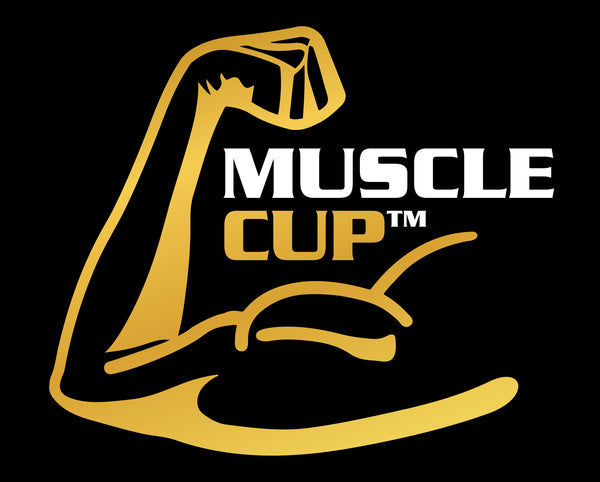The Olympic Games are a showcase of human athleticism, where fractions of a second can separate victory from defeat. Athletes constantly seek an edge, pushing their bodies to the limit in pursuit of gold. In recent years, an ancient therapy has emerged from the shadows, sparking curiosity and debate: cupping.
Remember those distinctive circular marks on Michael Phelps' back at the 2016 Rio Olympics? Those were the result of cupping, a practice that involves placing heated cups on the skin, creating suction that draws blood to the surface. Proponents claim it aids muscle recovery, reduces pain, and enhances performance, although scientific evidence remains inconclusive.
With the 2024 Olympics on the horizon, could cupping make a comeback? It's certainly possible. Top athletes like Simone Biles, Katie Ledecky, and Noah Lyles may turn to this ancient practice as part of their training and recovery regimens.
But cupping is more than just a recovery tool. For some, it's a mental game. The ritual itself can be calming, helping athletes focus and manage stress. In a high-pressure environment like the Olympics, that mental edge could be invaluable.
Of course, cupping isn't a magic bullet. It's just one piece of the puzzle. Athletes still need to train hard, eat right, and get enough rest. But if cupping can give them even a slight advantage, it's no wonder they're willing to give it a try.
So keep an eye out for those telltale marks in Paris. They could be a sign that an athlete is tapping into an ancient tradition in pursuit of modern glory.
Disclaimer: This article is based on past news and general knowledge about cupping. It does not claim that any specific athlete will use cupping at the 2024 Olympics. Cupping is a complementary therapy and should not be considered a substitute for conventional medical treatment. Always consult with a healthcare professional before trying any new therapy.

